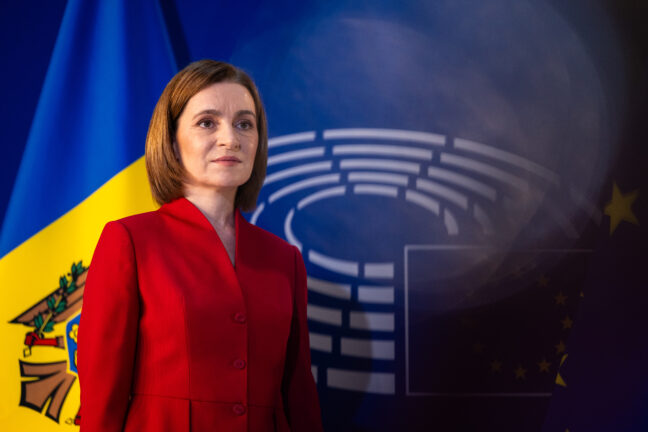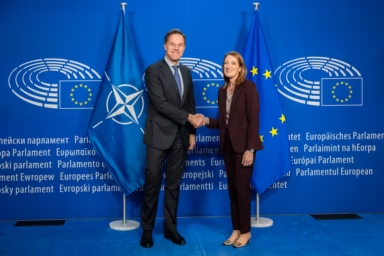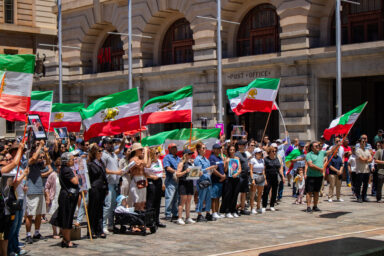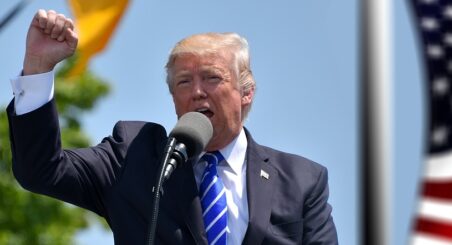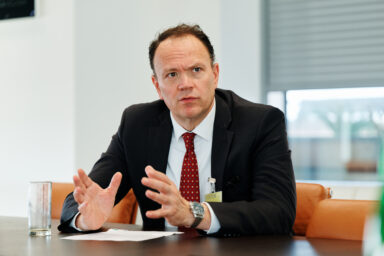Elections in Moldova in recent years have been anything but straightforward. The presidential election in 2024, won by incumbent President Maia Sandu, was shaped by a complex mix of factors: Russian interference, war in neighbouring Ukraine, diaspora participation, as well as a growing public awareness about disinformation. The Parliamentary elections just last month saw more of the same. Nevertheless, Moldova emerged stronger ground, remaining on a EU-bound path, choosing not to realign eastward. The European Parliament recently discussed some of the lessons learned.
“The fight against disinformation cannot become a pretext for controlling social media or shaping opinion. We need greater digital literacy and transparency, not new forms of censorship disguised as information protection. Defending freedom means protecting citizens and strengthening democracy, not limiting it”, the Vice-Chair of the Democracy Shield Committee and MEP Stefano Cavedagna (ECR/ITA) told EU Perspectives. Indeed, despite justified fears of disinformation and meddling from abroad, the elections went well. From the analyst’s point of view, Tudor Enache, Moldova-EU Club Coordinator, and Dan Munteanu, Program and Administrative Assistant at the International Foundation for Electoral Systems’ Moldova office, explained they felt the elections served as a stress test for the democratic and pro-European resilience of the country’s government.
Necessary lessons
The Central Electoral Commission (CEC) “appears to have learned from the 2024 presidential elections, acting more quickly to combat disinformation, better monitor political party financing, and systematically exclude parties that violated electoral rules,” the analysts said. “There was closer cooperation between the CEC, media outlets, and the Audiovisual Council to inform citizens, alongside tighter coordination with law enforcement and intelligence agencies, including the police and the Security and Intelligence Service (SIS), to prevent actions that could undermine a fair electoral campaign.”
That was a turning point.
Russian threats and disinformation
Concerns about Russian interference were heightened by public awareness of Moscow’s attempts to influence the elections through funding small parties and promoting pro-Russian, anti-European, or specifically anti-ruling party (PAS) narratives. According to Enache and Munteanu, “during the campaign, the network stopped working for Blocul Victoriei (declared unconstitutional by the Central Electoral Commission) and shifted to work for Victoria’s Fortuna party “Moldova Mare”.
A journalistic investigation by Ziarul de Gardă revealed the inner workings of this “digital Kremlin army,” showing hundreds of agents organised into three regional battalions—north, south, and centre—and paid directly by Moscow in roubles, euros, or cryptocurrency.
You might be interested
During the campaign, the network shifted its attacks from Blocul Victoriei to the Partidul Victoriei party, while remaining under Moscow’s influence. Among these agents was ZdG journalist Măriuța Nistor, who worked under the pseudonym “Ludmila” and received cryptocurrency payments, including one just two weeks before the elections, coinciding with the announcement of the network’s “new ally” serving Moscow. Electoral integrity was further reinforced by harsher penalties: fines for buying or selling votes increased to 37,500 Moldovan lei, applicable both to vote sellers and buyers.
A crucial role
International support, particularly from the European Union, played a key role. “EU involvement in modernisation projects, including infrastructure development over the past four years, has helped boost public confidence. A notable development was the rise of Vasile Costiuc from the Democrația Acasă party, which gained six parliamentary seats ‘overnight’ without presenting a formal electoral programme,” the analysts explain. Mr Costiuc’s strong social media presence fuelled aggressive, manipulative campaigns on TikTok in support of George Simion. Analysts link this to the so-called “Călin Georgescu phenomenon,” in which Mr Georgescu gained over 23 per cent of the vote overnight in the cancelled Romanian presidential elections without officially funding his campaign.
Social media’s pervasive influence
The CEC has sanctioned Democrația Acasă, suspending its access to public campaign funding for 12 months. “The final decision on the annulment of all six of Mr Costiuc’s mandates rests with the Constitutional Court, so the validation process is still pending,” the analysts note. Chisinau now awaits the official confirmation of the election results from the Constitutional Court before forming the new parliament and government.
